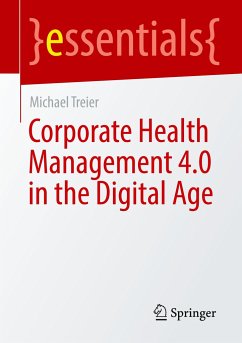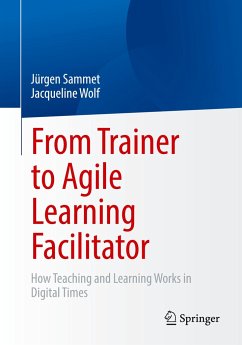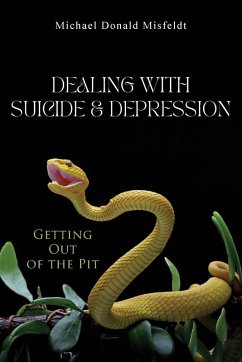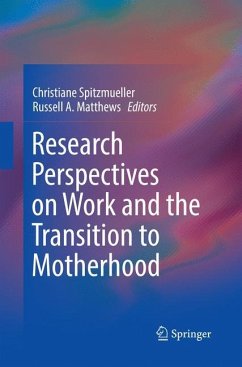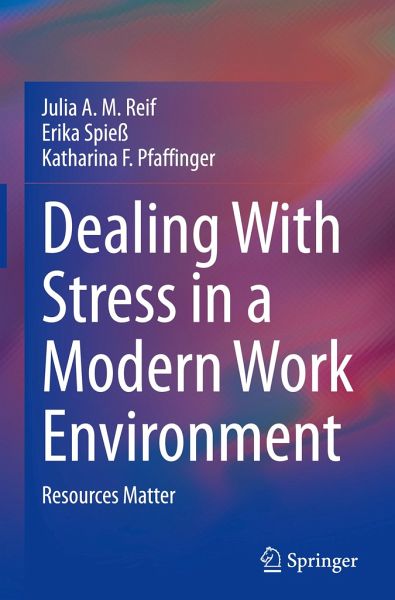
Dealing With Stress in a Modern Work Environment
Resources Matter
Versandkostenfrei!
Versandfertig in 6-10 Tagen
65,99 €
inkl. MwSt.
Weitere Ausgaben:

PAYBACK Punkte
33 °P sammeln!
This book provides an evidence-based, comprehensive and vividly illustrated overview of stress and stress management, emphasizing the central role of resources. Scientists and practitioners, students, employees and employers can use this book to bring themselves up to date on the current state of psychological stress research and learn many practical tips and tricks for dealing with stress and resources.Building on proven and contemporary psychological theories of stress and resource research, this book explains how stress emerges, how resources influence the stress process and what individual...
This book provides an evidence-based, comprehensive and vividly illustrated overview of stress and stress management, emphasizing the central role of resources. Scientists and practitioners, students, employees and employers can use this book to bring themselves up to date on the current state of psychological stress research and learn many practical tips and tricks for dealing with stress and resources.
Building on proven and contemporary psychological theories of stress and resource research, this book explains how stress emerges, how resources influence the stress process and what individuals and organizations can do to prevent stressors, reduce stress, recover from stress, and cope with the long-term consequences of strain. The book takes up current societal trends such as digitization and automation, and refers to cultural influences and differences.
Through numerous case studies, facts and figures, checklists and exercises, the book not only leads the readeron an exciting journey through the scientific background and history of stress research, but also offers numerous opportunities for self-assessment and critical reflection on (one's own) work in organizations.
Building on proven and contemporary psychological theories of stress and resource research, this book explains how stress emerges, how resources influence the stress process and what individuals and organizations can do to prevent stressors, reduce stress, recover from stress, and cope with the long-term consequences of strain. The book takes up current societal trends such as digitization and automation, and refers to cultural influences and differences.
Through numerous case studies, facts and figures, checklists and exercises, the book not only leads the readeron an exciting journey through the scientific background and history of stress research, but also offers numerous opportunities for self-assessment and critical reflection on (one's own) work in organizations.









